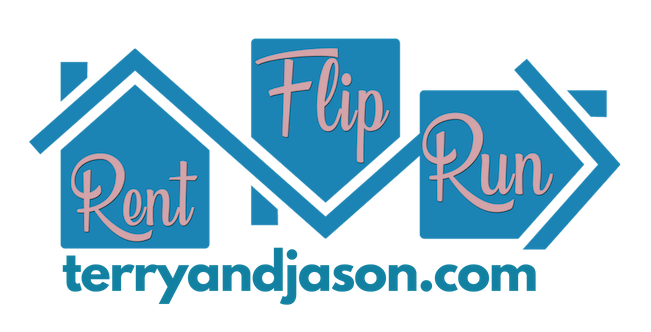
As a Southwest Florida Realtor, I’m regularly asked questions about the loan process when buying a house. And it makes perfect sense. FICO scores, APRs, collateralized loans. These aren’t necessarily terms that regular people come across every day. Even if you’re familiar with some of these, the differences between revolving credit and instalment credit, not to mention fixed interest rates vs adjustable, can make you feel like you have to take a class just to buy a house.
But after decades in the real estate and investment world, I’ve learned that these concepts can be related in more simple and easy to understand ways. After all, you shouldn’t need a degree in finances just to understand your credit or how it relates to your decision to buy a home. So, today, we’re going to dive into understanding your credit score and what’s important to it.
What’s in your credit report?
The first place I like to start when it comes to understanding your credit is the info in your report. You probably can guess that things like credit cards are included. But there’s also your personal information, the accounts you’ve had or have, and several other factors. For example, there’s also the dates your accounts were opened, loan amounts, credit limits, payment history, and any delinquency info. As we’ll see in a moment, these all can greatly impact your home buying process.
What can hurt your credit score and what determines it?
From on-time payments to delinquencies, your payment history is a big part of what determines your credit score. Repossessions, garnishments, collections… these can knock your score down in a hurry. Whether it’s a 60-point loss from a 30-Day delinquency to a 250 point loss from a bankruptcy, you can see how every payment you’ve made or not made (and when you made it) factors into the equation.
Credit capacity and your amount owed
One factor that not many people talk about, but one that is equally important, is your credit capacity. By definition, credit capacity refers to how much credit you are able to handle. In deciding whether you qualify for a particular loan, your income is considered along with any other expenses and debts you may have.The most ideal balance-to-limit ratio is about 25% to 30%. Any percentage points over 30% and you start seeing a 1 point drop in your credit score.
3 types of credit
Now let’s talk about 3 different types of credit that exist. Revolving is composed of those unsecured loans, lines of credit, and any credit cards you may have. Installment involves car loans, boat loans, and the like. These can be really great for re-building credit if you’re looking to boost your score. And finally, real estate, which is made up of mortgages and home equity loans.
I regularly give a more in-depth seminar on understanding your credit report (and how to repair your score before you buy a home), but this gives you a good place to start. And as always, please feel free to shoot me over an email if you have a question. As a Southwest Realtor, I love to connect with home buyers and home sellers alike!
Terry Records
Broker/Owner
Records Results Real Estate
Residential Sales and Property Management Service
